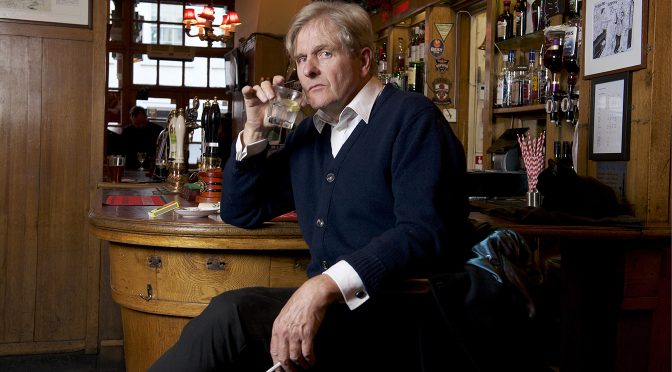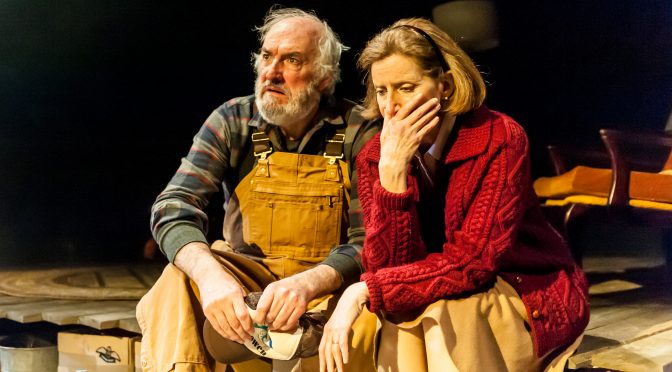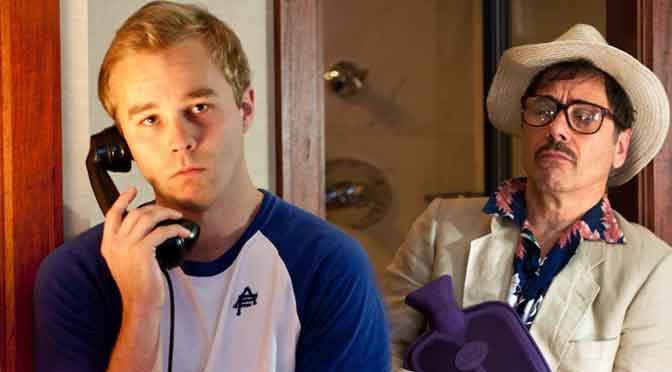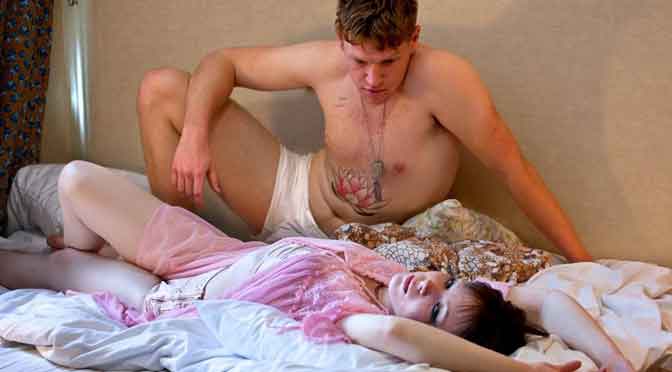As sites for shows go this one is a scoop. Seeing Keith Waterhouse’s play about journalist Jeffrey Bernard in the pub he frequented adds immeasurably to this fine production, directed and adapted by James Hillier. Soho is almost a character in the play – after Bernard moved there, he said he “never looked forward” – and joining him for a lock-in at such a historic location is a thrill.
Of course, a pub isn’t the perfect performance space. Hillier and his company, Defibrillator, have experience that proves essential. Robert Bathurst takes the role and holds court– talk about art imitating life – basking in the attention and the atmosphere. The odd drunk outside could almost have been planned, it fits the night so well.
The feeling is intimate, which suits the piece’s elegiac tone. Afterall, the “unwell” of the title is an understatement, and these reminiscences focus on mortality. Bernard’s addictions to alcohol and gambling took their toll, and his self-awareness is admirable, but also sad. The production is careful not to glamourise. Bathurst’s performance, almost nervous at first, reflects his character’s disappointments and brave face.
None of which is to say that the Bernard depicted here is a maudlin drunk or as unpleasant as his stories suggest. Despite all the vodka downed, his spirit is unreformed – this show is fun. The jokes are well-written, a trick is brilliantly executed, and Bathurst’s delivery is impeccable. The characters we hear about lead to wicked impersonations. But, above all, it’s the jokes that Bernard makes at his own expense that saves him in our eyes. He may have been a bad gambler, but it’s an easy tip to recommend this show. Odds on, you’ll love it.
Monday–Wednesday until 20 November 2023
Photo by Tom Howard






